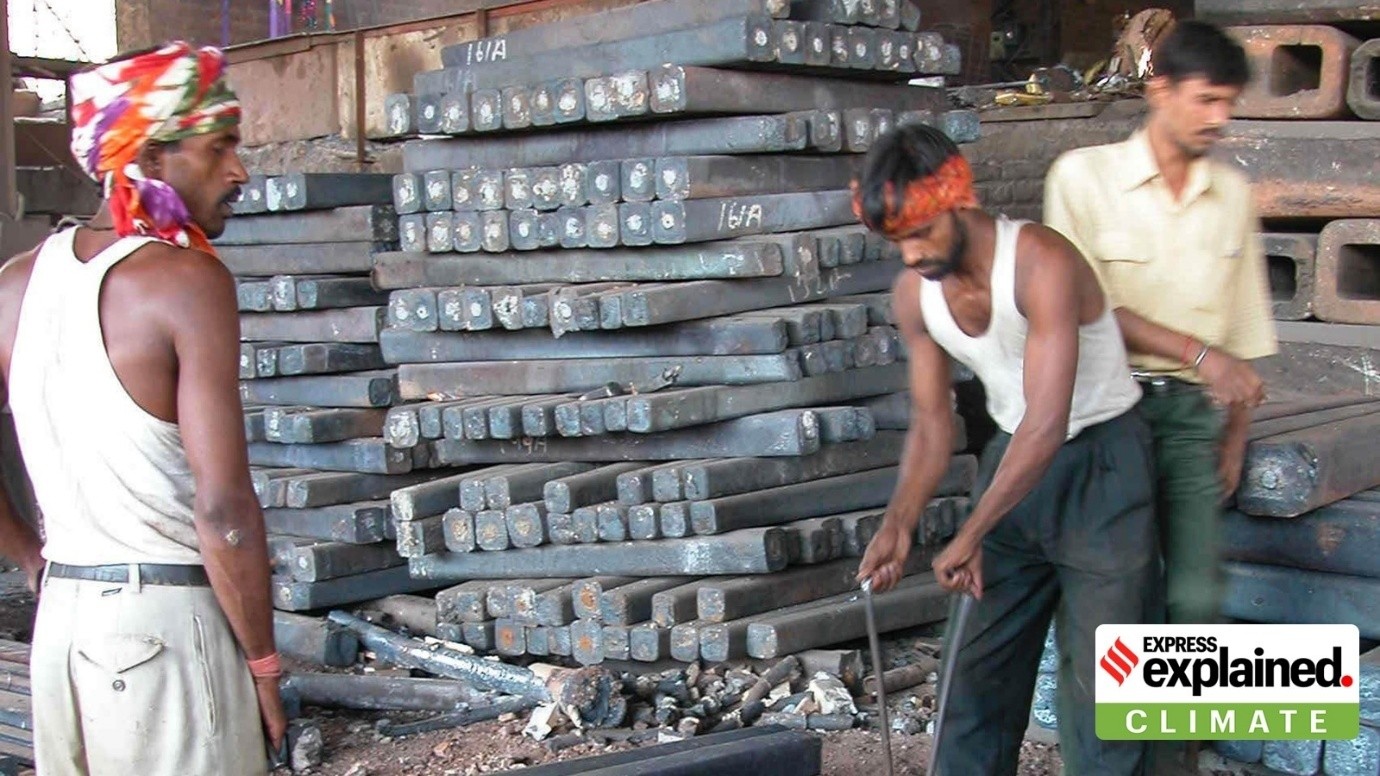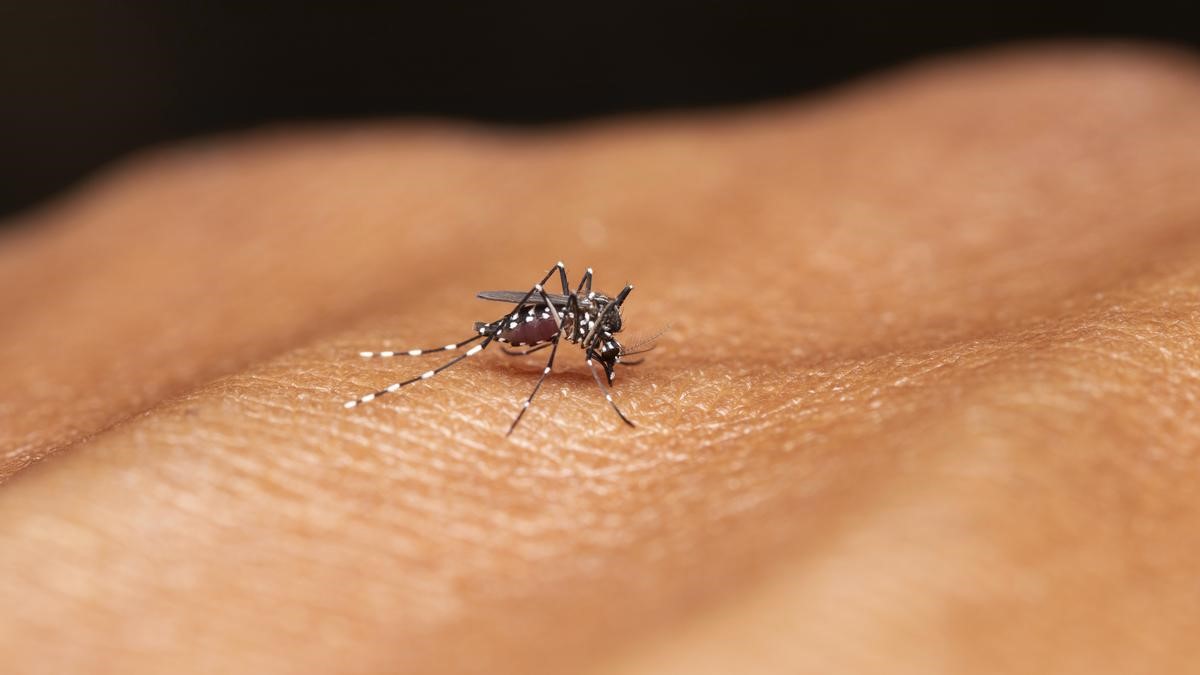




Source: DOWNTOEARTH
Disclaimer: Copyright infringement not intended.
The energy sector contributed around 145 million tonnes of methane emissions in 2024 with oil and gas facilities accounting for over 80 million tonnes according to the International Energy Agency’s Global Methane Tracker 2025.
Methane (CH₄) is the second most important greenhouse gas after carbon dioxide.
Despite its shorter atmospheric lifespan (~10 years) it has a Global Warming Potential nearly 80 times that of CO₂ over a 20-year period.
Responsible for ~30% of the global warming observed since the Industrial Revolution.
|
Sector |
Contribution (2024, IEA) |
Key Sub-sources |
|
Agriculture |
~40% of total anthropogenic |
Enteric fermentation, manure management, paddy fields |
|
Energy |
~35% of total anthropogenic |
Oil (45 Mt), Gas (35 Mt), Coal (40 Mt), Bioenergy (18 Mt traditional, 2 Mt modern) |
|
Waste |
~20–25% |
Landfills, wastewater treatment |
|
Natural Sources |
~40% of total methane |
Wetlands, permafrost thaw, termites |
Total Emissions: 145 Mt (2024)
Oil & Gas: ~80 Mt
Coal Mining: >40 Mt
Abandoned Coal Mines: 4 Mt
Bioenergy: 20 Mt
End-use Equipment Leaks: 2 Mt
|
Attribute |
Details |
|
Appearance |
Colourless, odourless, flammable gas |
|
Sources |
Natural (wetlands), anthropogenic (agriculture, energy, waste) |
|
GWP |
~80 times more than CO₂ over a 20-year time frame |
|
Atmospheric Lifespan |
~10 years |
|
Current Concentration |
2.5x higher than pre-industrial levels; rising faster than other GHGs |
IEA Estimate: ~70% of fossil fuel methane emissions can be cut using existing technologies.
In oil and gas: 75% emissions can be avoided by:
Detecting and repairing leaks
Replacing high-emitting components
Plugging abandoned wells
Coal Sector Mitigation
Methane capture and utilization in mines
Flaring and oxidation technologies
Bioenergy Mitigation
Shift from traditional biomass to clean cooking fuels
Promote biogas and biomethane but monitor leaks
Global Pledges & Policy Gaps
|
Initiative |
Objective |
Progress |
|
Global Methane Pledge (2021) |
Reduce methane emissions by 30% from 2020 levels by 2030 |
Over 150 countries joined, but India & China not included |
|
Oil and Gas Decarbonization Charter |
Cut methane emissions from 50 major oil & gas firms |
Implementation slow |
|
Nationally Determined Contributions |
Only ~30 NDCs mention methane reduction; only 9 have quantitative targets |
New NDCs from Brazil, UAE, UK, Canada mention methane mitigation |
Financing Needs
Oil & Gas Sector: $175 billion to cut 75% of emissions
Coal Sector: $85 billion
Funding Gap in LMICs: $60 billion
IEA Suggestion: Oil & gas companies should fund mitigation, as it is <2% of their annual income
IEA estimates are ~80% higher than reported to UNFCCC.
Many top emitters e.g., India, China, Russia not part of GMP.
Few countries with concrete roadmaps or regulations.
Plug abandoned wells, seal coal mines.
Promote universal access to clean cooking.
Improve methane leak detection systems.
Integrate methane mitigation in climate action plans.
Include methane targets in 2025 NDC submissions.
Direct climate finance toward methane abatement in developing countries.
|
PRACTICE QUESTION Q.Methane is a powerful but short-lived greenhouse gas. Critically analyse its role in climate change and assess the effectiveness of international efforts to mitigate methane emissions. 250 words |







© 2026 iasgyan. All right reserved